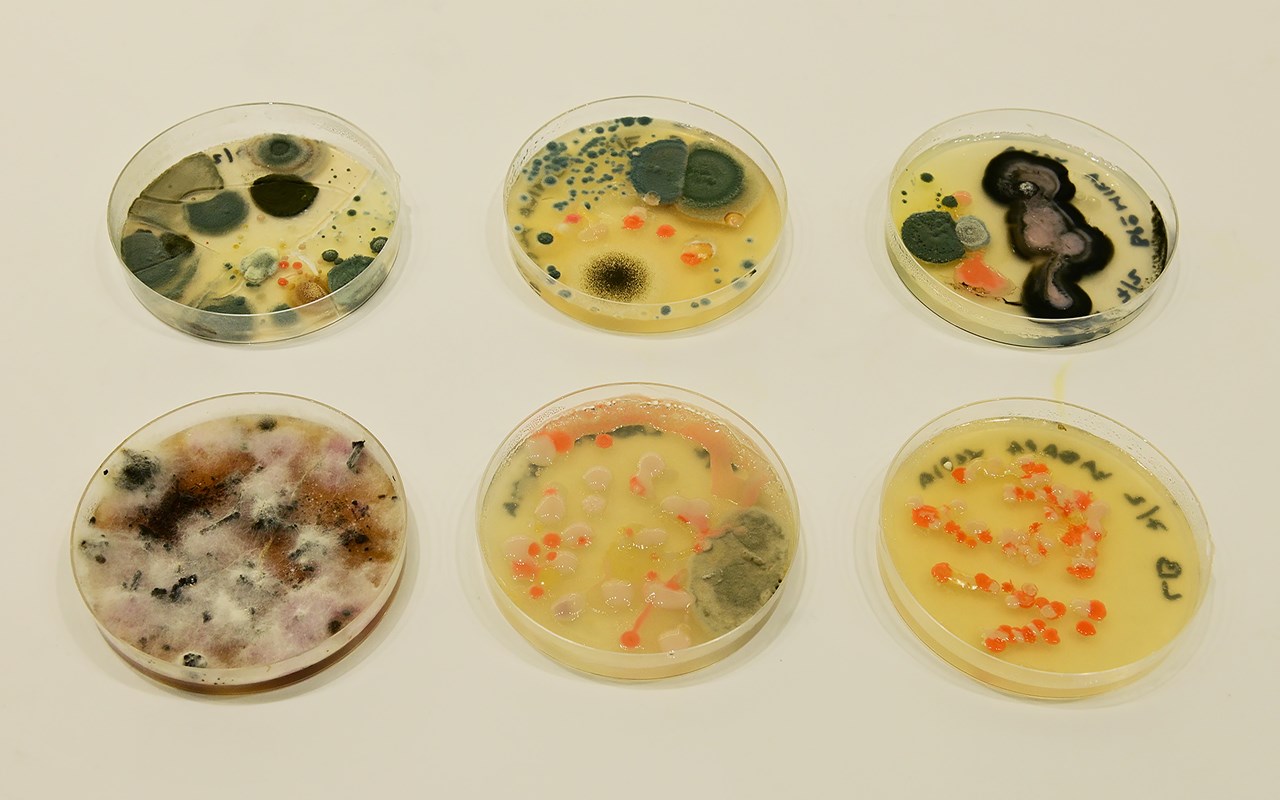stc
Biology in Nature
1st and 2nd grade of Gymnasium, 2nd grade of Lyceum

Required, call 210 9469641, from Monday to Friday 9:30-16:30
60 minutes
The dates and times shown are indicative and can be altered upon request in advance. Any science experiment demonstration can be arranged to take place between Monday and Friday from 09:00 to 15:00.
120 students
1st and 2nd grade of Gymnasium, 2nd grade of Lyceum (only for school groups)
Meet the plant cell and observe several plant structures and microorganisms under a microscope. Discover the significance of photosynthesis, the process of respiration and the significance of soil composition.
How do plants survive and why are they considered to be the basis of the food chain?
What is osmosis and what is the connection with the cell membrane?
Biology in Nature consists of a series of experiments that aim to complement and enhance biology knowledge acquired in school, by promoting experiential learning.
In this programme the students realize the importance of water and its correlation to soil composition through filtering experiments. A qualitative experiment that measures the extent of photosynthesis is explored, and common misconceptions are dispelled. Finally, students familiarize themselves with microorganisms, different pant cell structures and their roles.
Topics Covered
- Plant cell – characteristics.
- Osmosis.
- Cell transportation.
- Photosynthesis.
- Chlorophyll – chromatography (*Lyceum).
- Soil composition.
- Ecosystems.
- Microorganisms.
Learning Objectives
- Introduction to plant adaptations, plant life and microorganisms.
- Environmental sensibility and ecological thinking.
- Demonstration of complex concepts in a simple, interesting and fun way.
- Connection to everyday life.
stc


